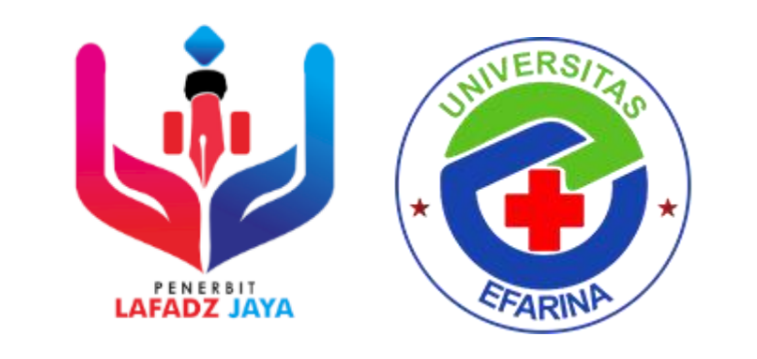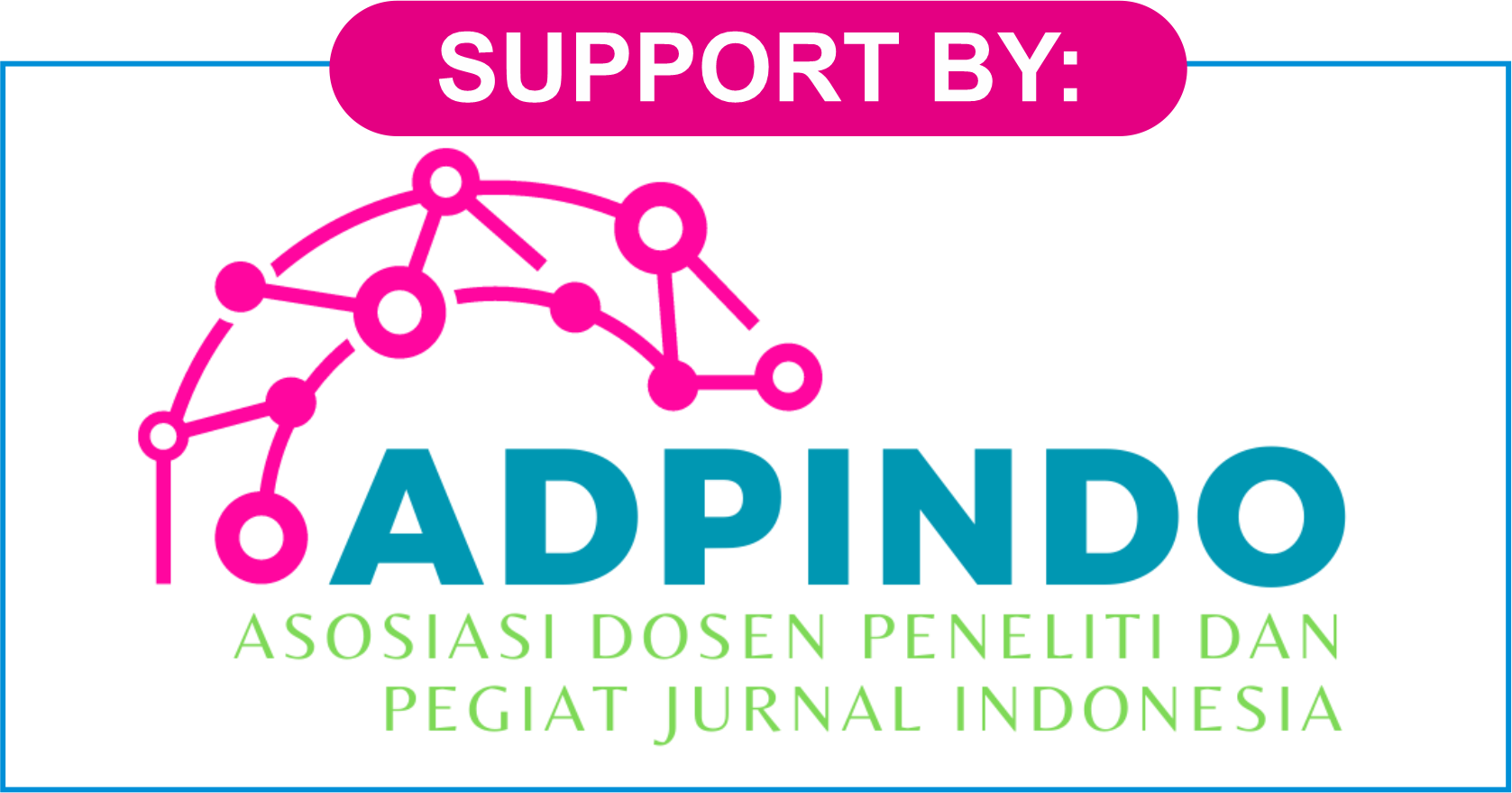WELL BEING PADA MAHASISWA AKHIR BERSUKU JAWA, SUNDA DAN BATAK DI KOTA SALATIGA
DOI:
https://doi.org/10.47353/sikontan.v2i2.1306Keywords:
final student, ethnicity, well-beingAbstract
Indonesia is a country with rich cultural diversity, including Javanese, Sundanese, and Batak tribes. Each tribe has different cultural characteristics, traditions, and values. In an academic context, it is important to understand how these cultural factors can affect the well-being of final students. Student well-being is an important factor in achieving academic and personal success. Understanding the level of well-being in final Javanese, Sundanese, and Batak students can help identify areas of concern in providing appropriate support and resources to improve their well-being. The purpose of this study is to determine the Overview of the Level of Well being in Final Students of Javanese, Sundanese, and Batak tribes in Salatiga City along with the influencing factors. The method used in this study is qualitative method with descriptive approach. The results of the study showed that Javanese, Sundanese, and Batak final students in Salatiga City experienced different well-being experiences based on factors such as cultural identity, social environment, and academic experience. Factors that influence well-being include: (1) Cultural identity; (2) Social support from family, peers, and tribal communities; (3) A supportive environment; (4) Stress factors; and (5) Balance between academic life and personal life.
Downloads
References
Aditya, R., Sahidin, L., & Marhan, C. (2022). Self-Compassion dan Psychological Well-Being Mahasiswa yang Sedang Menyusun Skripsi. Jurnal Sublimapsi, 3(1), 1–11.
Amirotun Sholikhah. (2016). Statistik Deskriptif dalam Penelitian Kualitatif. Komunikasi Islam, 10(No. 2 (2016)), 1–21.
Andini, P., & Maryatmi, A. S. (2020). Hubungan antara Harga Diri dan Prestasi Akademik dengan Subjective Well being pada Mahasiswa Jurusan Akuntansi Fakultas Ekonomi dan Bisnis di Universitas. Jurnal IKRA-ITH Humaniora, 4(3), 127–134. https://journals.upi-yai.ac.id/index.php/ikraith-humaniora/article/view/822
Arung, N. L., & Aditya, Y. (2021). Pengaruh Spiritualitas terhadap Subjective Well being Mahasiswa Tingkat Akhir. Indonesian Journal for The Psychology of Religion, 1(1), 61–67. https://doi.org/10.24854/ijpr399
Butler. J., & Kern, M. 2016. The PERMA-Profiler: A brief multidimensional measure of flourishing. Melalui <http://www.peggykern.org/questionnaires.html>
Creswell, John W. Research Design: Qualitative, Quantitative, and Mixed Method Approaches 3rd Ed. 2012. California: Sage Publication
Diener, Ed. 2000. Science of Subjective Well-being: The Science of Happiness and a Proposal for a National Index. Journal of The American Psychological Association, 55(1), 34-43.E-Journal online. Melalui
Diener, Ed. 2009. Assesing Well-being: The Colected Works of Ed Diener. New York:Springer
Huppert, F. A. 2009. Psychological Well-being: Evidence Regarding its Causes and Consequences. Journal compilation International Association of Applied Psychology: Health and Well-Being. E-Journal online. Melalui <http://onlinelibrary.wiley.com/doi/10.1111/j.1758-0854.2009.01008.x/full>
Isdiyah, E. (n.d.). Kesejahteraan Psikologi Mahasiswa Semester Akhir IAIN Surakarta di Tengah Pandemi Covid-19. Academic Journal of Psichology and Counseling.
Khairudin, K., & Mukhlis, M. (2019). Peran Religiusitas dan Dukungan Sosial terhadap Subjective Well-Being pada Remaja. Jurnal Psikologi, 15(1), 85. https://doi.org/10.24014/jp.v15i1.7128
Melan Safitri, D. R. (2023). Pengaruh Dukungan Teman Sebaya Pada Kesejahteraan Psikologis. Jurnal Family Education, 2, 85–92.
Merida, S. C., Febrieta, D., Husnah, H., Ria, R., & Novianti, R. (2021). Spiritual Emotional Freedom Technique (SEFT) dan Student Well-Being Pada Mahasiswa Semester Akhir. Psikostudia : Jurnal Psikologi, 10(2), 133. https://doi.org/10.30872/psikostudia.v10i2.5695
Moleong, L.J. 2011. Metode Penelitian Kualitatif. Bandung: Rosdakarya
Mutiarachmah, D., & Masyatmi, A. S. (2019). Hubungan Antara Regulasi Diri Dan Psychological Well-Being Dengan Kecemasan Dalam Menghadapi Dunia Kerja Pada Mahasiswa Tingkat Akhir Jurusan Kesejahteraan Sosial Uin Syarif Hidayatullah Jakar. Jurnal IKRA-ITH Humaniora, 3(2), 163–177.
Pratama, H., Fikri, Z., & Padang, U. N. (2023). Pengaruh Religiusitas terhadap Psychological Well being pada Mahasiswa yang Mengerjakan Skripsi di Universitas Negeri Padang. Jurnal Pendidikan Tambusai, 7, 3774–3781.
Putri, P. K., Risnawati, E., & Avati, P. (2022). Stress Akademik Mahasiswa Semester Awal Dan Mahasiswa Semester Akhir: Studi Komparatif Dalam Situasi Pembelajaran Daring. Jurnal Psikologi : Media Ilmiah Psikologi, 20(2). https://doi.org/10.47007/jpsi.v20i2.232
Rulanggi, R., Fahera, J., & Novira, N. (2021). Faktor-faktor yang Memengaruhi Subjective Well-Being pada Mahasiswa. Seminar Nasional Psikologi UM, April, 406–412.
Seligman, M. E. P. 2011. Flourish. New York, NY: Simon & Schuster
Sutalaksana, D., & Kusdiyati, S. (2020). Hubungan Stres Akademik Dengan Subjective Well-Being Pada Mahasiswa Tingkat Akhir. Prosiding Psikologi, 6(2), 594–598. http://dx.doi.org/10.29313/.v6i2.23629
Wicaksana, S. A., Novasari, E. P., Radian, N. N., Asrunputri, A. P., Psikologi, F., Pancasila, U., & Selatan, K. J. (2019). Gambaran Subjective Well being. Jurnal Psikologi, IX(December).
Downloads
Published
How to Cite
Issue
Section
License
Copyright (c) 2023 Auliya Ulil Irsyadiyah

This work is licensed under a Creative Commons Attribution 4.0 International License.











